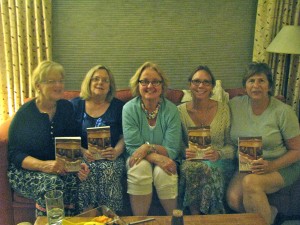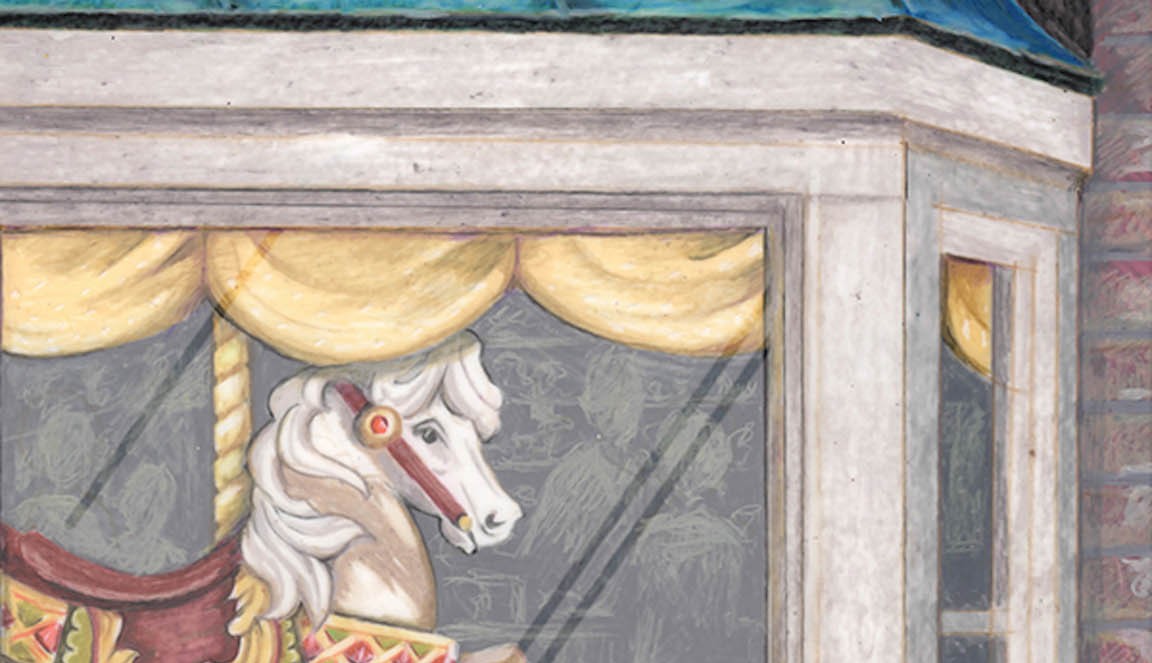“The creations of a great writer are little more than the moods and passions of his own heart, given surnames and Christian names, and sent to walk the earth.” — William Butler Yeats
Last week I was invited to meet with the FOSL Book Group in Merrimack, New Hampshire. I love talking to book groups because it gives me the change to meet with people who have read MacCullough’s Women and to hear what they thought of the book. People are refreshingly candid which I very much enjoy. It also gives me a chance to ask questions that help me with the work I am now doing on the second book.

I have now had the pleasure of meeting with four of these groups. I thought I would share a few of the questions that I have been asked.
Why did you make the background of the story an Irish bar set in New Hampshire? Did you have to research Irish history to write the book?
My maternal great-grandfather, Patrick Sheerin, owned a bar in Boston at the end of the nineteenth century. My paternal grandmother, Catherine O’Connor, was born in County Kerry. I am married to a man whose grandparents on both sides came to America from County Roscommon and my daughter is married to an Irishman and currently lives in Dublin. Irish History was my area of concentration when I studied for my undergraduate degree. The idea of creating an Irish bar in Lynton as the backdrop to the story seemed like the logical and fun thing to do. I had to do very little additional research with the exception of trying to come up with an elementary grasp of the Irish language. For that I took two sessions of Beginner Irish taught by a nun over from Galway. Even with that, I had a lot of help from my son-in-law’s mother. Irish is not for the faint of heart.
Where did you get the idea for the story?
I was widowed suddenly when I was thirty-five. I spent the next year attending grief support groups. I never forgot how almost everyone I met at these meetings mentioned there was something that they didn’t know about the person who had died. I thought it was an interesting idea for a novel. The plot of MacCullough’s Women was born from that experience.
Why did you decide to make Brid and Franny become friends?
The idea of a wife and an ex-wife being friends has long intrigued me. If you consider it from the perspective that they have both been drawn to and loved the same man, it makes sense to me that they would have other things in common that would allow them to become friends. What usually prevents a friendship from forming between these women is the presence of the man they both married. In the case of Brid and Franny, Drew MacCullough is dead so that obstacle no longer exists.
I also loved the idea of Brid helping Franny to grow into a women no longer dominated by as she calls it in the book “The Gospel According to Drew MacCullough”.
When writing the book got hard, what kept you going?
I loved my characters. I felt that they deserved a chance to be given life. The great joy I get from attending book groups like FOSL comes from hearing a reader tell me. “I loved Brid.” Or even, “ I hated Drew MacCullough.” I gives me great satisfaction to know that I have created characters who are real enough to evoke that kind of reaction in a reader.
What advice do you have for someone who wants to write a novel?
Read as much as you can, join a writer’s group and establish a daily writing practice.
